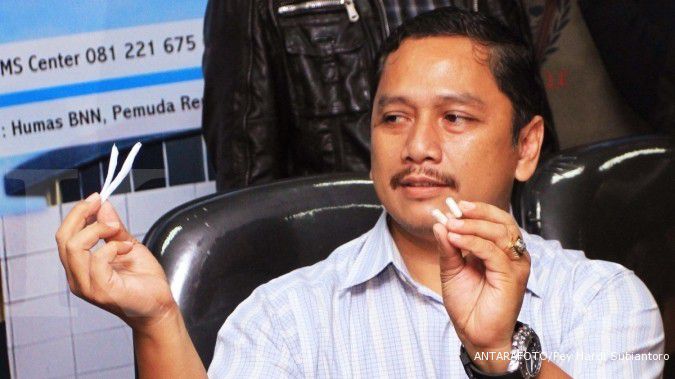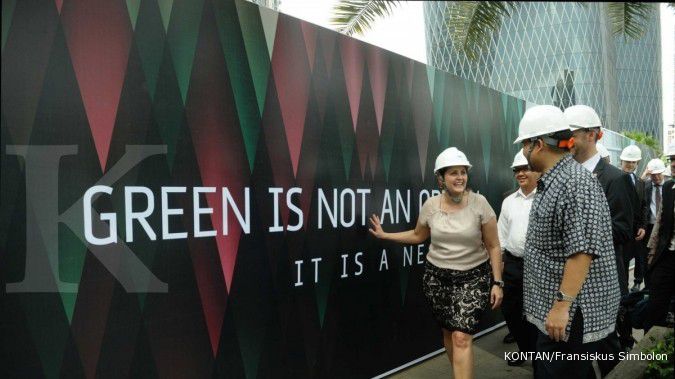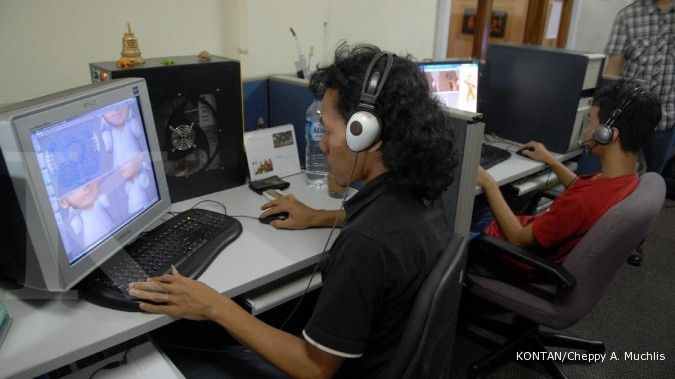JAKARTA. Indonesia is set to adopt a new approach in handling drug users: sending them to rehabilitation centers instead of prison.
Seven government bodies signed on Tuesday a memorandum of understanding (MoU) underlining the preference for rehab centers rather than prison for habitual drug users.
“The problem is not merely about the lack of [correctional] facilities. Building more prisons will not solve the problem; maximizing rehabilitation efforts, however, as stipulated in the Narcotics Law, will,” Law and Human Rights Minister Amir Syamsuddin said.
The MoU was signed by officials from the National Narcotics Agency (BNN), the Health Ministry, the Supreme Court, the Attorney General’s Office (AGO), the National Police and the Social Affairs Ministry.
The agreement will see the country form joint assessment teams of medical and legal personnel at national, provincial, municipal and regency levels to determine whether a suspect is a drug dealer or a user and, therefore, a victim.
The existing 2009 Narcotics Law, which already allows judges to hand down rehabilitation orders rather than jail sentences to drug users and drug abuse victims, is comprehensive enough in its provisions recommending rehabilitation.
But, it has yet to show optimal results, as there is no common understanding or approach in implementing the law by the seven institutions dealing with the fallout of drug abuse, which undermines judges’ efforts.
Police and prosecutors apply Article 112 on drug possession, which carries a prison term as opposed to articles 103 and 127, which recommend rehabilitation orders for drug users.
The MoU is the result of a series of meetings, initiated by Amir, held in the wake of last year’s deadly riot in Tanjung Gusta Penitentiary, Medan, North Sumatra, which housed 1,700 drug convicts — 60 percent of the prison’s total population.
According to data from 2013, of the total 162,000 inmates and detainees nationwide, more than 54,000 had been convicted for drug offenses.
However, a lack of facilities and oversight have so far prevented the delivery of effective rehabilitation programs inside prisons, causing most drug users to fall back into bad habits or, in some cases, learn how to make drugs.
Last year, a joint meeting decided to form an assessment institution to help judges handle cases involving drug users.
The new mechanism, however, would only be fully operational in 2015, as they were still preparing the rehabilitation centers and the teams, said BNN chief Comr. Gen. Anang Iskandar.
“Currently, the country’s combined rehabilitation facilities can only accommodate 18,000 drug users annually. We will now prepare state and private hospitals, as well as social service agencies and other relevant bodies to accommodate 89,000 drug users,” he said.
Anang was optimistic, saying the move would help to reduce the estimated total of 4 million recreational drug users nationwide.
The seven institutions would also start to map areas where drug users were concentrated, Health Minister Nafsiah Mboi said.
“We will prioritize those pockets as we all know not every district or regency has psychologists, for example,” she added.
Nafsiah lauded the move, saying “for the first time, there is now a balance between legal and health approaches, so that drug users can be helped to return to society after undergoing rehabilitation.”
/2013/10/30/1174978505.jpg)














